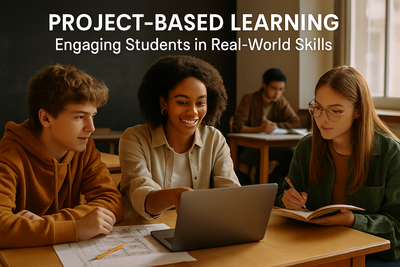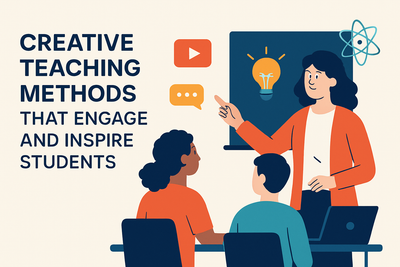Essential Skills Students Need for the 2025 Job Market
Essential Skills Students Need for the 2025 Job Market
The job market of 2025 is changing faster than ever. Technology, automation, and global collaboration are transforming the skills employers look for. Students preparing for this new landscape need more than strong grades—they must develop adaptable, future-oriented abilities that allow them to grow and thrive in a competitive world. Understanding these essential skills can help students make smarter choices about their education and career paths.
Digital Literacy and Technological Skills
Technology touches nearly every industry, making digital fluency one of the most important skills for students. Understanding basic data management, cybersecurity awareness, and common software tools is essential. Students who gain familiarity with artificial intelligence, automation platforms, and digital collaboration tools will stand out in the job market. Even jobs that weren’t traditionally “tech” now require strong digital confidence.
Critical Thinking and Problem-Solving
With routine tasks increasingly automated, employers value people who can think deeply and creatively. Critical thinking includes analyzing information, spotting patterns, and making logical decisions. Problem-solving skills help students tackle challenges in real-time, whether in business, healthcare, technology, or the arts. Practicing analytical thinking through projects and case studies gives students an edge.
Communication and Teamwork
Clear communication—both written and verbal—is essential in modern workplaces. Students must know how to express ideas clearly and collaborate with people from different backgrounds. Remote and hybrid work environments make strong communication even more important. Teamwork, emotional intelligence, and cultural awareness are highly valued, as companies rely on diverse teams to achieve their goals.
Adaptability and Willingness to Learn
The rapid pace of technological and economic change means today’s skills may not be enough for tomorrow’s jobs. Students must be willing to learn continuously and adapt to new tools, environments, and expectations. Being open-minded, resilient, and comfortable with change helps students stay relevant in a shifting job landscape.
Creativity and Entrepreneurial Thinking
Creativity is no longer limited to artistic fields—it plays a key role in business, technology, education, and problem-solving. Employers seek individuals who can generate fresh ideas, innovate, and think independently. Entrepreneurial thinking helps students identify opportunities, take initiative, and contribute meaningfully, whether at a startup or a large corporation.







